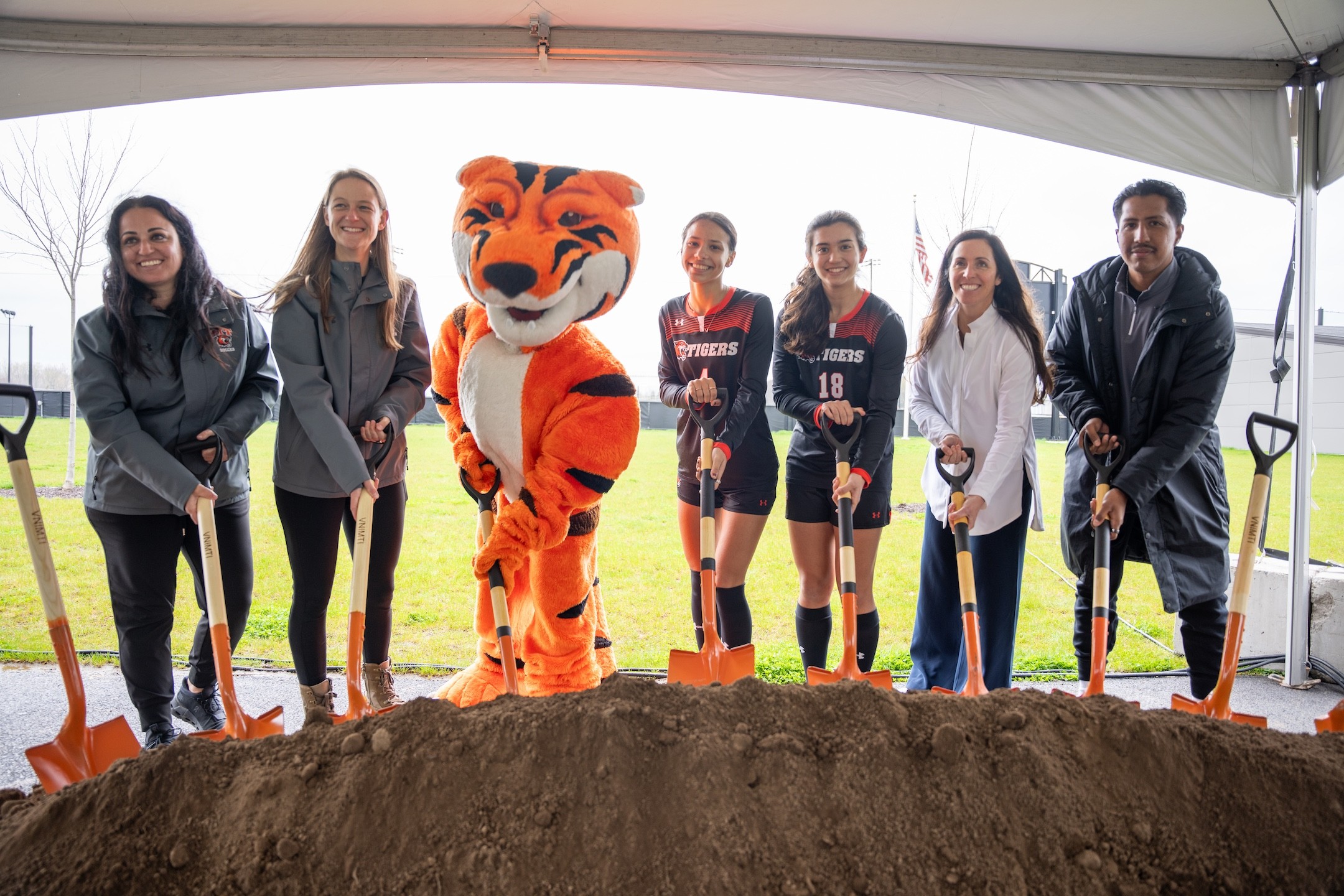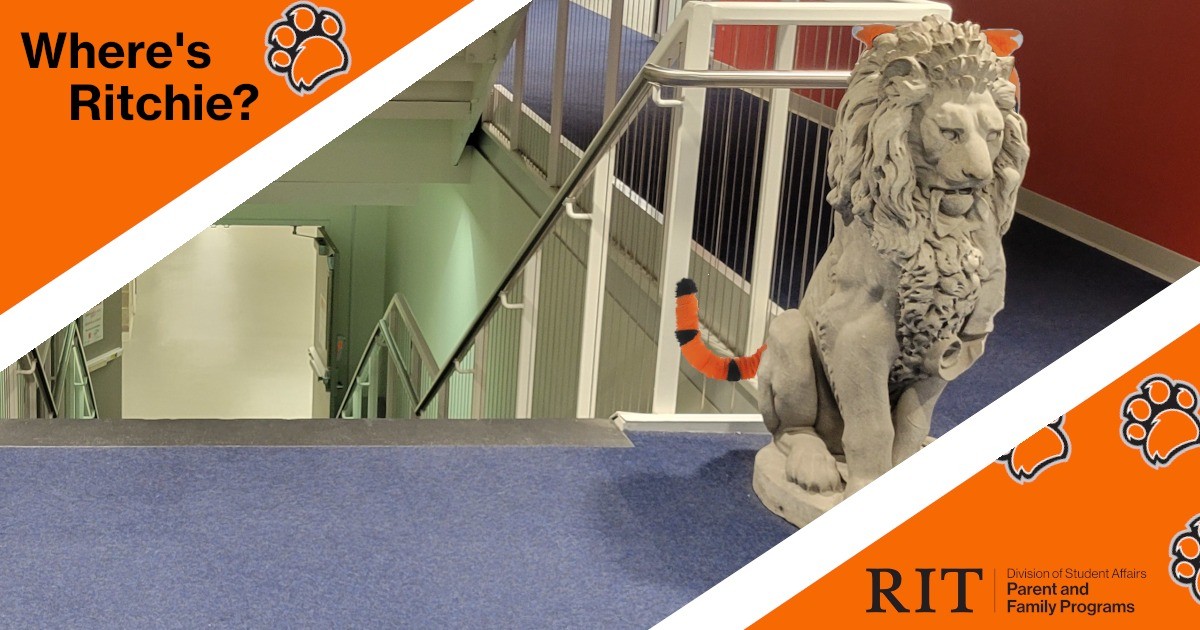Academics—Change of Major
Especially if your student is home this summer, you may hear them mention thoughts about changing their major. While this might be surprising, be open to the option and talk to your student about what is causing them to question their major choice. Some important things to have your student consider include:
- If the new major is in a different college, students will have to apply to that college—they cannot just transfer in.
- Changing majors may add time towards graduation; they should talk to their advisor about what credits they can transfer over to their new major and what the time to graduation would look like.
- If they are still in exploration mode, they can learn a lot by setting up meetings with staff and faculty in the major they are interested in.
- Visiting with a Career Services Coordinator can help them consider career goals and how a major change will impact those goals.
- Campus employment and engagement in activities/clubs can give students a lot of relative experience that will help with their career—remind them that their hire-ability is about more than the department from which they graduate.
Conversation starters
- Have you talked to your advisor about your major and thoughts of changing?
- What are the biggest challenges you are encountering with your major? Who have you reached out to for help?
- What do you like about your major?
- What are your career goals following graduation?
Campus Engagement—Working on Campus
Working on campus is not only a great way for your student to earn that late-night pizza money, but it’s also a way students can make friends, get to know campus, and engage in the community. There are many jobs available to students looking to work on campus, and these positions range from office work to dining to facilities to events. While looking for jobs, students should consider what they want to get out of it. Some office jobs, for example, will allow for students to do homework on the clock between their responsibilities. Positions for Tech Crew or Concessions will allow students to attend campus events while working. Note takers can earn money while attending class. A marketing job allows art and design students to boost their resumes with projects related to their major.
Working on campus (as opposed to off campus) has many benefits. Students can work in between classes to maximize their time, and supervisors are generally very understanding that academics come first. While there are opportunities to work over breaks, it is not expected as it is in an off-campus job. The Student Employment Office
is available to assist students in their job search. If your student will be applying for their first campus job, please make sure they have appropriate documentation
to obtain their student employment card.
For a student's perspective on how to get a campus job, watch the How can my student get employed on campus?
Series of Queries video.
Conversation starters
- What type of campus jobs are you interested in?
- How many hours would you like to work each week?
- Have you talked to your advisor or professors about job opportunities within your college?
Campus Life—Updates to Campus
It’s construction season on campus! If you visit RIT this summer, you will see a lot of work being done across campus, including the Tiger stadium complex,
the Music Performance Theater,
and a research facility. Additionally, we are in the third and most ambitious year of a five-year plan to renovate the residence halls. Read more about summer construction projects here.
Conversation starters
- What updates/construction did you notice last semester?
- Have your classes be impacted by any of the construction?
- Did you have any classes or activities in the SHED last year?
Wellness—Self-Care
In a recent Parent Poll, we asked what your student typically does for self-care. Your responses ranged with the majority saying spend time with friends, exercise, and play video games. No matter what your student does for self-care, it’s important that they make time for themselves, even during the busiest times of the semester. Talk with your student about how they know when they need a break—what are some of the things they physically or mentally feel that indicate that they are overwhelmed? Encourage your student to connect with some of the many supports on campus that are available when they are needing a break, such as clubs and groups, campus events, or the fitness center. Even if they can only take a 15-minute break, small moments of self-care can really go a long way!
Conversation starters
- How do you know when you need a break from school, work, and college stress?
- What do you do when you are feeling stressed?
- What do you do for exercise on campus?
- What do you and your friends do for fun?









